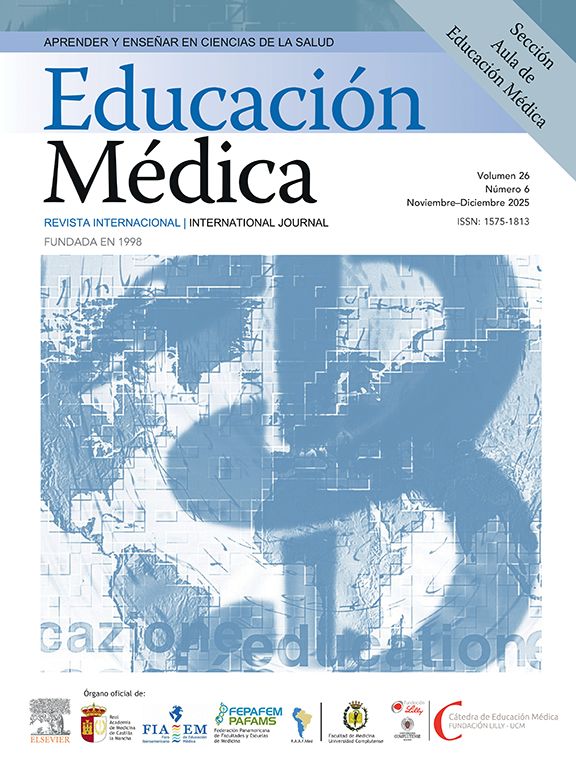Mental health is essential in the training of future physicians, as it affects their well-being and their ability to practice medicine effectively and empathetically. Medical students face an intense academic load and long hours of study, creating an environment prone to stress and anxiety.1 The stigma associated with seeking psychological help can lead many to hide their suffering until it becomes incapacitating.2 Suicidal ideation is a complex phenomenon that begins with thoughts of suicide and can culminate in attempted or completed suicides. Studies show that students with high levels of anxiety are less empathetic and less effective in-patient care, which is of concern given that empathy is crucial in the physician-patient relationship.3 During the early years of medical school, students experience excitement and anxiety as they adjust to college life. Although many manage the initial stress with the support of family and friends, academic demands increase in the later years, creating increasing pressure to excel, which can be detrimental to their emotional well-being.4 Suicidal ideation is less frequent in first-year students compared to those in fifth or sixth years, suggesting a progressive deterioration of mental health in the face of more significant challenges.5 The competitive environment may also contribute to isolation and fear of stigma, making it difficult to seek help. This critical problem requires urgent attention, and families play a vital role in its prevention by recognizing the importance of emotional well-being. Psychoeducation from an early age is key to identifying problems before they escalate, promoting a culture that values mental health.6 By prioritizing this aspect, institutions can train more resilient and empathetic physicians to cope with the demands of the medical field while caring for their own mental health.
FinancingThis work has not received any type of funding.
Ethics committeeThe writing of this opinion does not merit research committee approval by my institution.
Informed consentThe following opinion manuscript does not apply the use of informed consent by patients.








